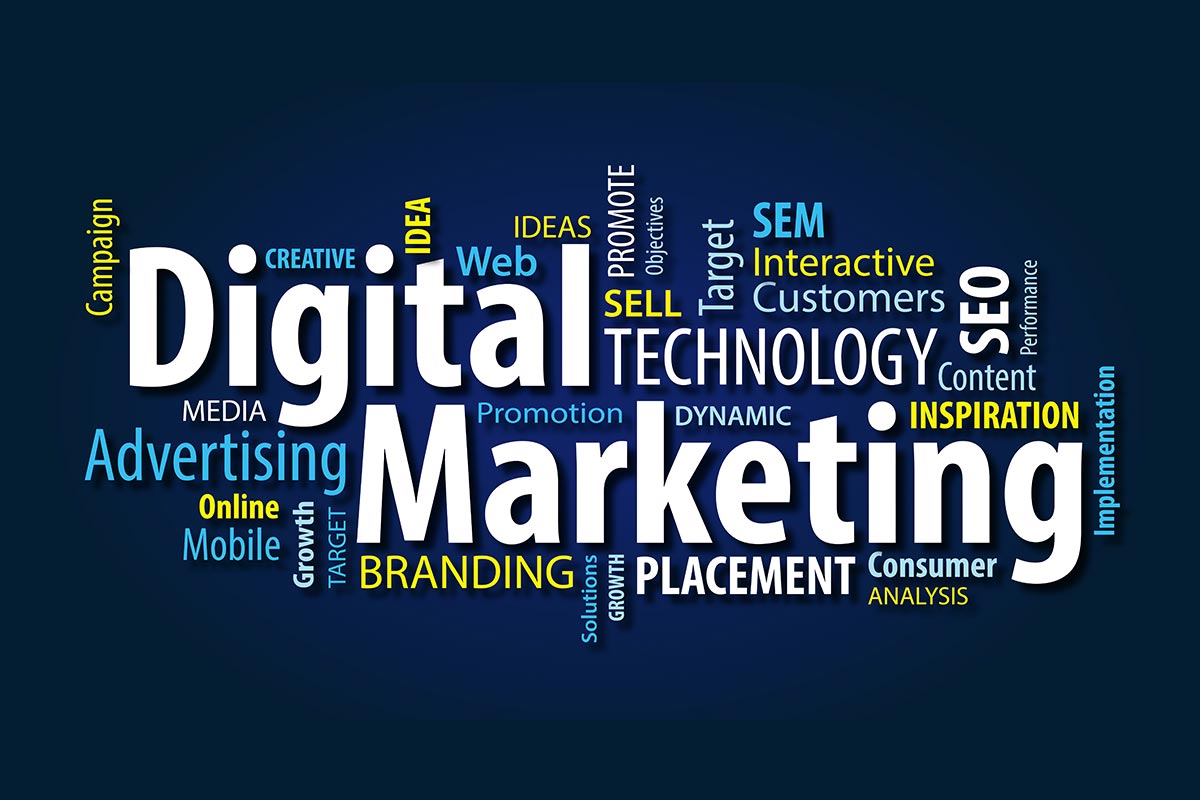
Introduction:
In a world driven by technology and online connectivity, digital marketing has emerged as the cornerstone of success for businesses. This article delves into the dynamic realm of digital marketing, exploring its key components, strategies, and the evolving landscape in the digital age.
1. Understanding Digital Marketing:
Characterize computerized promoting and its importance in the advanced business scene.
Highlight the shift from traditional to digital channels and the reasons behind the rapid adoption of digital marketing strategies.
2. Core Components of Digital Marketing:
Search Engine Optimization (SEO):
Explain the importance of SEO in enhancing online visibility and driving organic traffic.
Discuss key SEO techniques, such as keyword optimization, on-page optimization, and backlink building.
Social Media Marketing:
Investigate the job of virtual entertainment in computerized advertising.
Discuss effective social media strategies, content creation, and engagement techniques.
Content Marketing:
Emphasize the significance of quality content in digital marketing.
Discuss content creation, distribution, and its role in building brand authority.
Email Marketing:
Explore the power of email marketing in nurturing leads and maintaining customer relationships.
Discuss email campaign best practices, personalization, and automation.
3. Data-Driven Decision Making:
Feature the job of information examination in advanced promoting.
Discuss the importance of tracking key performance indicators (KPIs) and using data to refine marketing strategies.
4. Paid Advertising:
Explore various online advertising platforms, including Google Ads, social media ads, and display advertising.
Discuss the advantages of paid advertising and strategies for optimizing ad campaigns.
5. Building a Strong Online Presence:
Discuss the importance of a well-designed website and user experience.
Explore strategies for building and managing online reputation, including online reviews and brand perception.
6. Adapting to Trends and Innovations:
Explore current trends in digital marketing, such as influencer marketing, video marketing, and voice search optimization.
Discuss the importance of staying updated with industry trends and incorporating innovations into marketing strategies.
7. Challenges in Digital Marketing:
Address common challenges faced by digital marketers, such as algorithm changes, competition, and the need for constant adaptation.
Give arrangements and techniques to conquering these difficulties.
8. The Future of Digital Marketing:
Explore emerging technologies and their potential impact on the future of digital marketing.
Discuss how artificial intelligence, augmented reality, and other innovations might shape the digital marketing landscape.
Conclusion:
In the ever-evolving digital landscape, mastering the art of digital marketing is essential for businesses aiming to thrive in the digital era. By understanding and implementing effective strategies across various channels, businesses can not only reach their target audience but also build lasting relationships in the dynamic online marketplace.